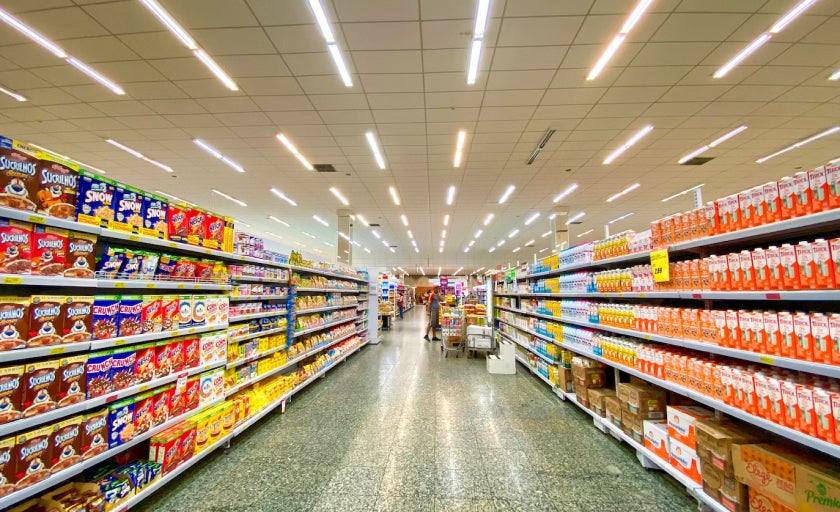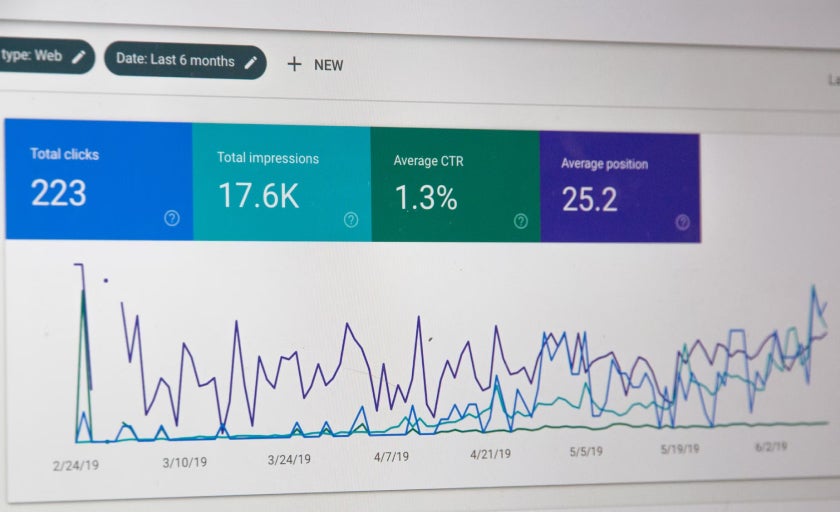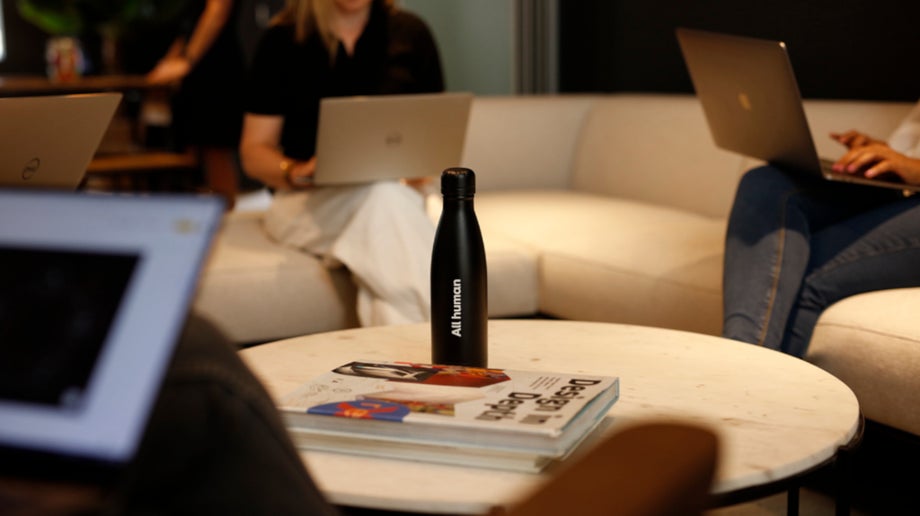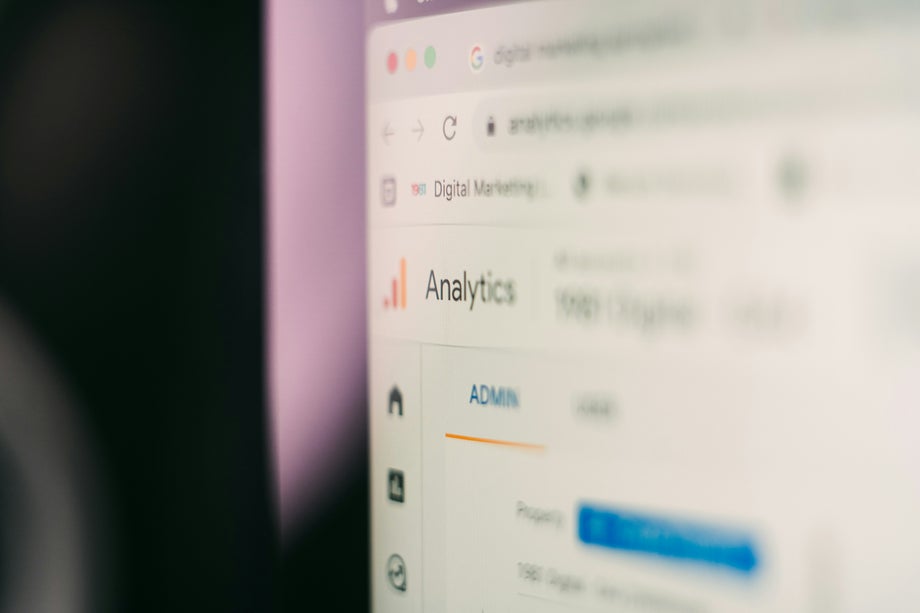

04.05.20236 mins read
When I tell people what I do for a living, the most common reaction is, huh? Although I live and breathe conversion rate optimisation (CRO), I am aware that others do not and often are a little fuzzy about what exactly it is. Over the years, I have developed a short answer which is that CRO is basically trying to improve the experience people have on a website with the goal of increasing purchases.
However, how it works and what it means on a larger scale for organisations is a little more complex. To best understand the full scope of CRO, let’s look at how it works in the physical world. Have you ever been in your local shop looking for something specific, let's say cornflakes, and they are not where they usually are? They've recently moved the aisle(grrr), and now they are nowhere to be found. Despite looking down multiple aisles, you don’t see them, so you head to the checkout and leave. You may not have those cornflakes you wanted for breakfast, but in the grand scheme of things, it’s quite minor, and you sure are not going to lose sleep over it.
The supermarket knows from its data analytics that cornflakes are a top-selling product which means significant guaranteed revenue every week. They also know that they recently did a shop re-fit and put up new signage to help consumers find products, but they have seen a huge drop in the sale of cornflakes.
Perhaps they panic and put the cornflakes on a rack at the end of an aisle for two weeks, hoping such a move will improve sales. They now see that cornflake sales have risen above their normal weekly levels. Thinking the experiment has worked, the cornflakes will be returned to their original spot, but now the business sees a huge drop in cornflakes sales as they return to their pre-move levels.
From all of this movement, the shop will conclude that customers stopped buying them because of the new signage - they could not find them. However, they still won’t accurately understand why something as simple as a new sign caused fewer transactions.
Naturally, they want to fix the problem but aren't sure how. They decided to survey customers leaving the shop to find what they were looking for today. From this, they discover it wasn’t the sign as much as the text on the sign- it was too small.
Armed now with this knowledge, they get new signage with larger bold text for each aisle. Once again, they see the sale of cornflakes rise back to its normal levels, and everyone breathes a sigh of relief.

In this instance, moving the cornflakes to the end of an aisle is the same as promoting a product in a prominent place, such as your homepage, or via an email marketing campaign. The signage highlighting what's in each aisle is similar to your website's navigation menu. These “signs” help customers navigate everything on your site, which can be hundreds of thousands of products, efficiently and with ease.
By not having the correct wayfinding signage or wording, brands can miss out on sales simply because their customers can't find what they're looking for.
To best understand this, we need to look at the data, speak with consumers and begin to know why baskets are abandoned or products overlooked. This is the backbone of CRO. It’s about using data from purchases and behaviours online that we’ve accumulated over time, experimenting with different solutions and then using these insights to improve the customer experience and website design, ensuring revenue growth.

But the value of CRO doesn't stop there. Going back to our supermarket example. The shop has changed the signage, and people are finding and buying cornflakes. But is there the potential to do more? Their purchase data shows that most customers who buy cereal will also buy milk or alternative milk products.
They now run a new experiment and moved the cereal aisle next to the dairy and non-dairy products aisle. From this, they most likely will see an increase in sales of both cornflakes and milk!
It's that simple. CRO is also about making it easy for customers to find what they're looking for so that they can achieve their goals seamlessly.
The next time you’re at the supermarket, look around to see how they’ve optimised the experience for you and what actions they have taken to help you shop easily and leave feeling satisfied.

We help you convert more visitors into customers.


